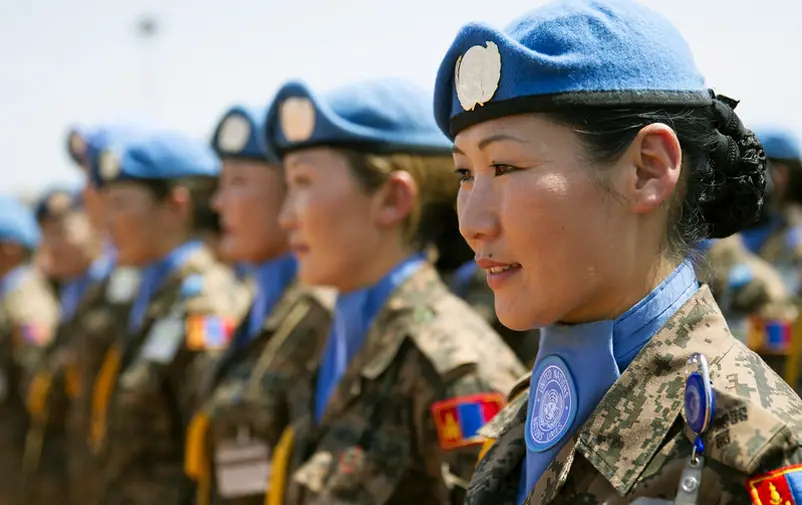
Photo: UN Photo/Martine Perret

Even though young women and men often make up a large part of the population in countries affected by conflict, they are rarely allowed to participate in peacebuilding processes or granted influence over decisions that affect their lives. Opinions about young people are often limited and simplified: they can be considered victims without abilities, which is typically the case for young women, or violent troublemakers, which is typically the case for young men. Although most young people never take part in or become affected by violent actions, these stereotypes continue to exist.
The purpose of the youth, peace and security agenda is to give young people a greater voice in peacebuilding and conflict management and work against norms and power structures related to age.
The participation and influence of young people in peace and reconciliation processes is a matter of rights, legitimacy, and sustainability. Protecting the rights of young women and men and enabling them to participate meaningfully in society overall is essential for societies’ resilience against conflict, for human security, and sustainable peace.
MORE FROM HOME
What does research tell us about strategic civil-military leadership in UN integrated missions? The recent FBA research brief "Mission Leaders: An Evidence-based Assessment” presents seven policy recommendations.
2025-07-01 13:34FBA has both increased and adapted its work in Ukraine in the wake of Russia's invasion.
FBA in UkraineKlara Grenhagen works as a specialist at FBA's Africa unit with a focus on dialogue, reconciliation and peace processes.
More about our expertsFBA is part of Sweden’s development aid within the area of peace and security
Read more about the countries where we work